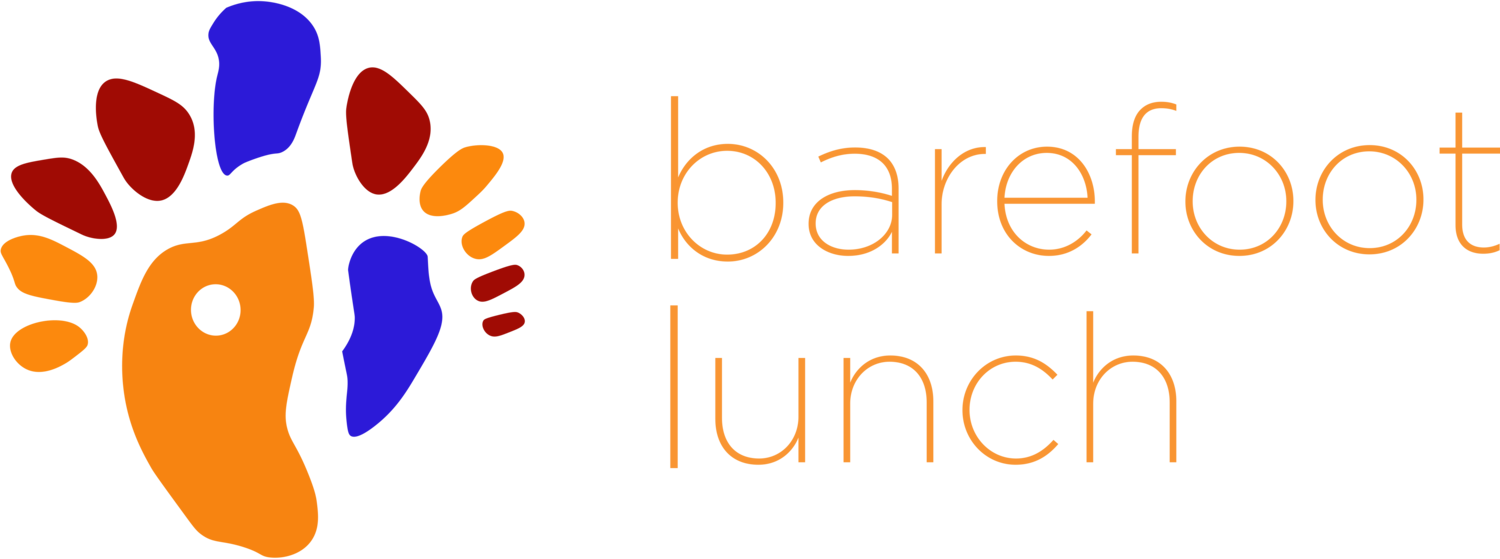INPUT: “what is put in, taken in, or operated on by any process or system.”OUTPUT: “the amount of something produced by a person, machine, or industry.”
—Definitions from Oxford Languages
When I wake up, I roll out of bed and wander into the kitchen and drink water and grab a coffee, then I write for a bit and meditate before heading outside for a run. After coming home for a shower and breakfast, I play my ukulele.
Then I start work. All these activities resonate with me as active, OUTPUT.
When I start work, I then allow INPUTS to start trickling in: emails, social media, calls meetings. They are necessary and I need to be receptive to these interactions and concentrate on them.
Naturally, like the Yin & Yang symbol, both input and output are contained within the other. Rather, think of it as flowing action, flowing into one another, one contained within the other, passive and active, flowing together.
When we live in input/output balance, we say that our life is in flow. However, we tend to lose this balance with extremes. When the balance tips to excess, stress occurs. On inputs, too many meetings, deadlines, projects, Netflix binging, and SMS scrolling can overwhelm. Likewise, working long hours without a break, just as exercising too strenuously, can cause an injury.
“When we change the input into our minds, we change the output into our lives.”
— Zig Ziglar
The challenge is mixing and matching and thinking that input work is really output work. When I’m checking email, this is not output or generative work. In general, it won’t make the company money nor save the company money: it’s an activity where someone reaches out to me.
When I do a task, such as actively work for and hour on a project, that is output, generative, and creative. I need to remember not to stop and jump into email, check social media, and try not to get interrupted during that time.
“When the waterholes were dry, people sought to drink at the mirage.”― Evelyn Waugh, Brideshead Revisited
Likewise, I need to make sure to put time aside to catch up with my email and my consultants, have quality time to teach, coach, listen, instruct. This is generally passive, Yin, activities, but so important. Taking breaks is another thing that is passive, that can be done actively.
As John Fitch and Max Frenzel write in Time Off,
“If we want to accomplish the big things we’ve set out to do—to create, lead, contribute, and make an impact—we need a rest ethic as strong as our work ethic.”
A great reminder for all of us.
WEEK CHALLENGE: Try to go a week where you wake and do something that is output related prior to doing anything input related. For example, can you meditate before checking your email? or workout before checking your Facebook page? It seems deceptively simple!

